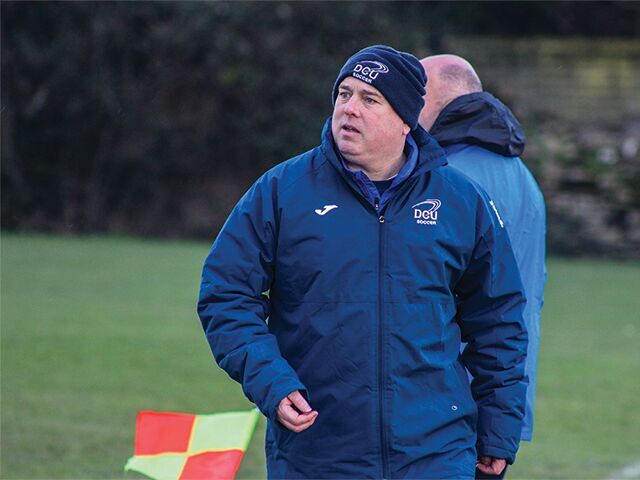
Peer-pressure, health and alcohol are three interconnected problems that are stigmatised to the Irish drinking culture, writer Amy Lawlor takes a look at how alcohol affects our health and how peer pressure surrounds it.
[dropcap]I[/dropcap]f you have a few drinks at home before heading out for the night with your friends, you’re definitely not alone.
According to a recent national survey, published in the Drug and Alcohol Review Journal, Ireland is the biggest nation of ‘pre-drinkers’ in Europe. A significant 85 % of Irish people pre-drink, while almost half of those surveyed admitted to heavily drinking.
Is this simply a normal part of our culture, or is it something more serious? There are a number of factors why people pre-drink in Ireland, money being the predominant one. Many college students have ‘pres’ as an annual night out ritual, in order to save on spending their weekly allowance on overpriced nightclub alcohol.
Although a reasonable explanation to pre-drink, this early interaction with consuming large quantities of alcohol in a short period of time can have huge impacts on your health.
Liver failure, heart failure, high cholesterol and addiction are some of the health consequences. The impacts are severe and the over consumption is clear in Ireland. The World Health Organisation is pretty unequivocal. Alcohol is one of the leading causes of death and disability in the developed world. If you want to reduce alcohol-related harm, then you have to reduce consumption. If you want to reduce consumption, then you have to tackle price and availability and here is where the problem lies. The alcohol industry would argue that the recession already drove down consumption – in actual fact, alcohol consumption, which had been dropping from a record peak, is estimated to have increased through the recession to 11.9 litres of pure alcohol per adult according to a survey carried out by Alcohol Ireland. To put that into perspective, if every adult was drinking at their low-risk drinking limits, then we would be drinking around two litres less of pure alcohol.
In an induced alcohol social environment that has enclosed Ireland, young people can sometimes feel pressurised into drinking. It’s only normal to want to feel a sense involvement and like you belong. If you don’t want to drink whether it be pre-drinking or on a quite night in, you shouldn’t have to. Part of being yourself involves making decisions based on what’s best for you. It can mean you take ownership and responsibility for what you do and how you think.
It doesn’t mean you can’t be part of the group, you might even find that your mates or the people you work with appreciate you having your own perspective on things. So, don’t collapse under the pressure and drink because others want you to, stay true to yourself and take a stance against are self-driven unhealthy alcohol climate.
Amy Lawlor



